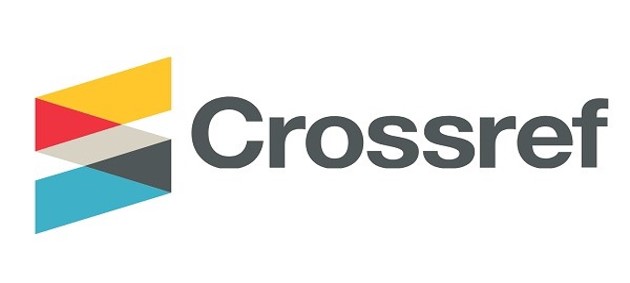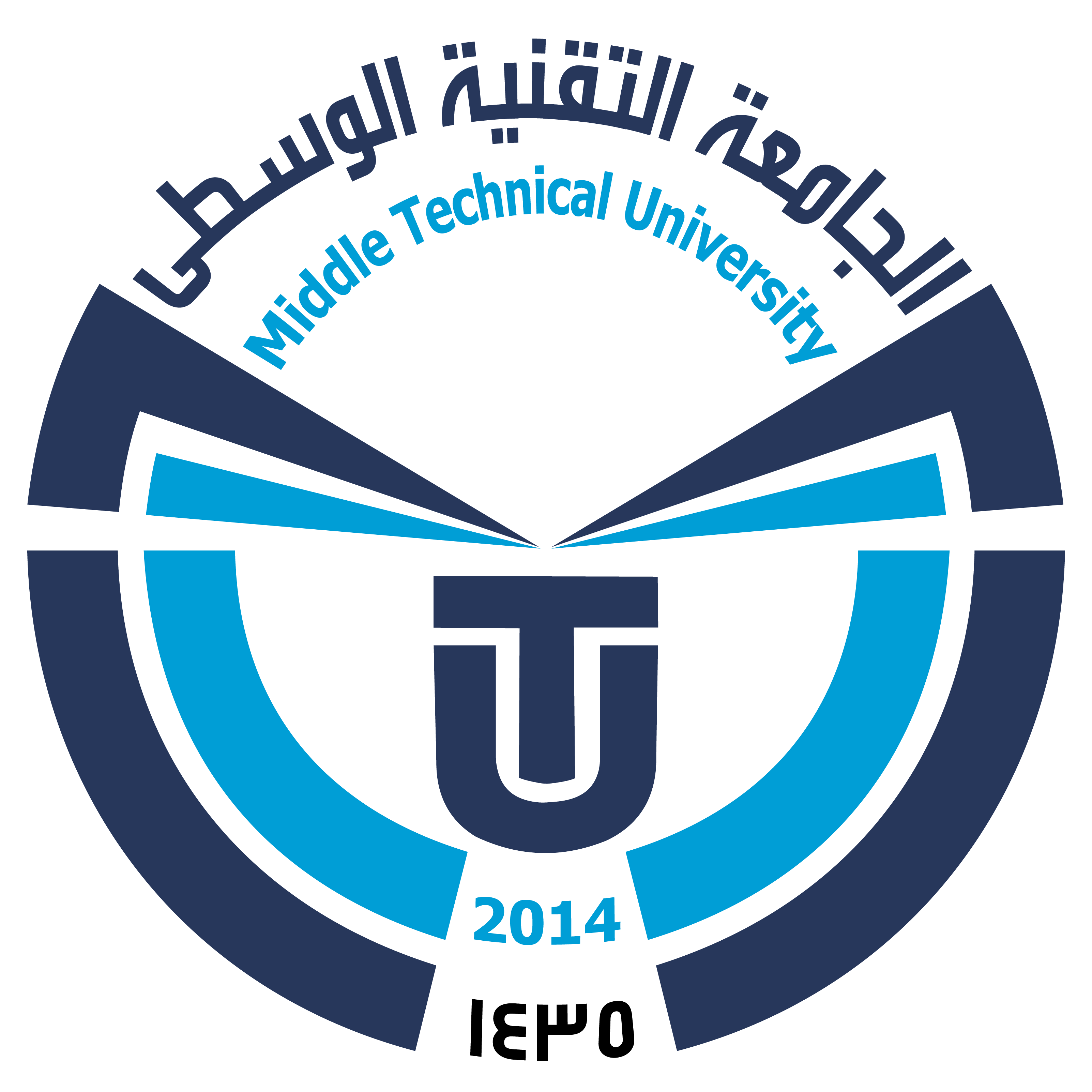The Role of Forensic Accounting in Reducing the Financial Fraud in Business
DOI:
https://doi.org/10.51173/jt.v2i2.150Abstract
After the overlapping of science and with the cases of corruption and financial fraud experienced by most countries in the world, academic studies began to unite to create dual professional disciplines. One of the most important of these unions is the union of law with accounting to produce the concept of forensic accounting after the legal accounting with unlimited powers to go further to detect corruption and fraud. In this paper, we discussed many issues such as the nature of financial fraud in business, the extent of its impact on the confidence of the public mainly, the types of financial fraud and the most important factors affecting it, in addition to clarifying the theoretical framework of forensic accounting, its historical background, and its role in reducing financial fraud through a review of the most important global experiences. The importance of this paper can be presented as a scientific study that examines the possibility of using forensic accounting as an effective tool to eliminate cases of fraud in business, and to benefit the management, investors and lenders by narrowing the trust gap between these parties.
Downloads
References
M. Aljalili, “Forensic Accounting and the Possibility of Its Application in Iraq”, Tanmiat Al-Rafidain, vol.34, No.107, pp. 9-21, 2012.
T. H. Thabit, and A. Solaimanzadah, “The Role of SOX Act in Enhancing the Internal Control Systems of Kurdistan Banks”, International Conference on Accounting, Business, Economics and Politics, Ishik University, Erbil, Iraq, 2018, pp. 288-300.
T. H. Thabit, A. Solaimanzadah, and M. A. Mohammed, “Determining the Effectiveness of Internal Controls in Enterprise Risk Management based on COSO Recommendations”, The 2nd International Conference on Accounting, Business, Economics and Politics, Ishik University, Erbil, Iraq, 2019, pp. 381-390.
N. Çıtak, “A Critical Analysis of the Effects of Measurements on International Company Scandals: The Fraud Act”, in Emerging Fraud Fraud Cases from Emerging Economies, K. T. Caliyurt, and S. O. Idowu, Eds., Springer-Verlag Berlin Heidelberg, 2012, pp. 43-63.
P. K. Ozili, “Advances and Issues in Fraud Research: A Commentary”, Journal of Financial Crime, vol.27, No.1, pp. 92-103, 2020.
W. S. Albrecht, C. O. Albrecht, C. C. Albrecht, and M. F. Zimbelman, Fraud Examination, 3rd ed., Cengage Learning, 2011.
S. A. Al-Nasrawi, and T. H. Thabit, “The Influence of the Environmental Factors on the Adoption of the International Accounting System IAS/IFRS: Case of Iraq”, Journal of Accounting, Finance and Auditing Studies, vol.6, No.1, pp. 66-85, 2020.
A. S. Kasum, “Forensic Accounting for Financial Malpractices in Developing Countries: An Analytical Review of the State of the Art”, in Emerging Fraud Fraud Cases from Emerging Economies, K. T. Caliyurt, and S. O. Idowu, Eds., Springer-Verlag Berlin Heidelberg, 2012, pp. 65-73.
S. O. Idowu, “Emerging Fraud: The Summing Up”, in Emerging Fraud Fraud Cases from Emerging Economies, K. T. Caliyurt, and S. O. Idowu, Eds., Springer-Verlag Berlin Heidelberg, 2012, pp. 179-181.
T. Singleton, A. Singleton, J. Bologna, and R. J. Lindquist, Fraud Auditing and Forensic Accounting, 3rd ed., Wiley, Toronto, ON, 2006.
S. O. Idowu, “Emerging Fraud: The Summing Up”, in Emerging Fraud Fraud Cases from Emerging Economies, K. T. Caliyurt, and S. O. Idowu, Eds., Springer-Verlag Berlin Heidelberg, 2012, pp. 179-181.
H. Kaur, “Corporate Fraud: Auditors’ and Managerial Liability”, in Emerging Fraud Fraud Cases from Emerging Economies, K. T. Caliyurt, and S. O. Idowu, Eds., Springer-Verlag Berlin Heidelberg, 2012, pp. 115-132.
G. Grubor, N., Ristić, and N. Simeunović, “Integrated Forensic Accounting Investigative Process Model in Digital Environment”, International Journal of Scientific and Research Publications, vol.3, No.12, pp. 1-9, 2013.
S. J. Hancox, “Red Flags for Fraud”, State Comptroller [online], November 21 2019, Available: https://www.osc.state.ny.us/localgov/pubs/listacctg.htm
D. Gray, “Forensic Accounting and Auditing: Compared and Contrasted to Traditional Accounting and Auditing”, The American Journal of Business Education, vol.1, No.2, pp.115-126, 2008.
H. E. Zadeh, and M. Ramazani, “Accountant’s Perception of Forensic Accounting (Case Study of Iran)”, Global Journal of Management and Business Research, vol.12, No.6, pp. 1-4, 2012.
T. H. Thabit, “Adoption the Fuzzy Logic to Enhance the Quality of the Accounting Information to Operate Balanced Scorecard - Applied on Mosul Bank for Development & Investment in Nineveh Province”, M.Sc. Thesis in Accounting, University of Mosul, Mosul, Iraq, 2013.
I. Blessing, “Empirical Analysis on the Use of Forensic Accounting Techniques in Curbing Creative Accounting”, The International Journal of Economics, Commerce and Management, vol.3, No.1, pp.1-15, 2015.
T. H. Thabit, and H. A. Alnasrawi, “The Role of International Financial Reporting Standards in Reducing the Financial Risks”, International Journal of Latest Engineering Research and Applications, vol.1, No.5, pp.73-82, 2016.
J. J. Weygandt, D. E. Kieso, and P. D. Kimmel, Accounting Principles, 8th ed., Wiley, 2008.
S. Zhang, “Forensic Accounting in the Big Four: A Survey from Their Websites”, Journal of Modern Accounting and Audit, vol.1, No.7, pp. 1-17, 2005.
T. H. Thabit, A. Solaimanzadah, and M. T. Al-Abood “The Effectiveness of COSO Framework to Evaluate Internal Control System: The Case of Kurdistan Companies”, Cihan International Journal of Social Science, vol.1, No.1, pp. 44-54, 2017.
D. L. Crumbley, L. E. Heitger, and G. S. Smith, Forensic and Investigative Accounting, CCH Group, Chicago, IL, 2005.
H. Silverstone, and M. Sheetz, Forensic Accounting and Fraud Investigation for Non-experts, 2nd edition, Wiley, NY, 2007.
Downloads
Published
How to Cite
Issue
Section
License
Copyright (c) 2020 انس احسان شاكر, ثابت حسان ثابت

This work is licensed under a Creative Commons Attribution 4.0 International License.

















